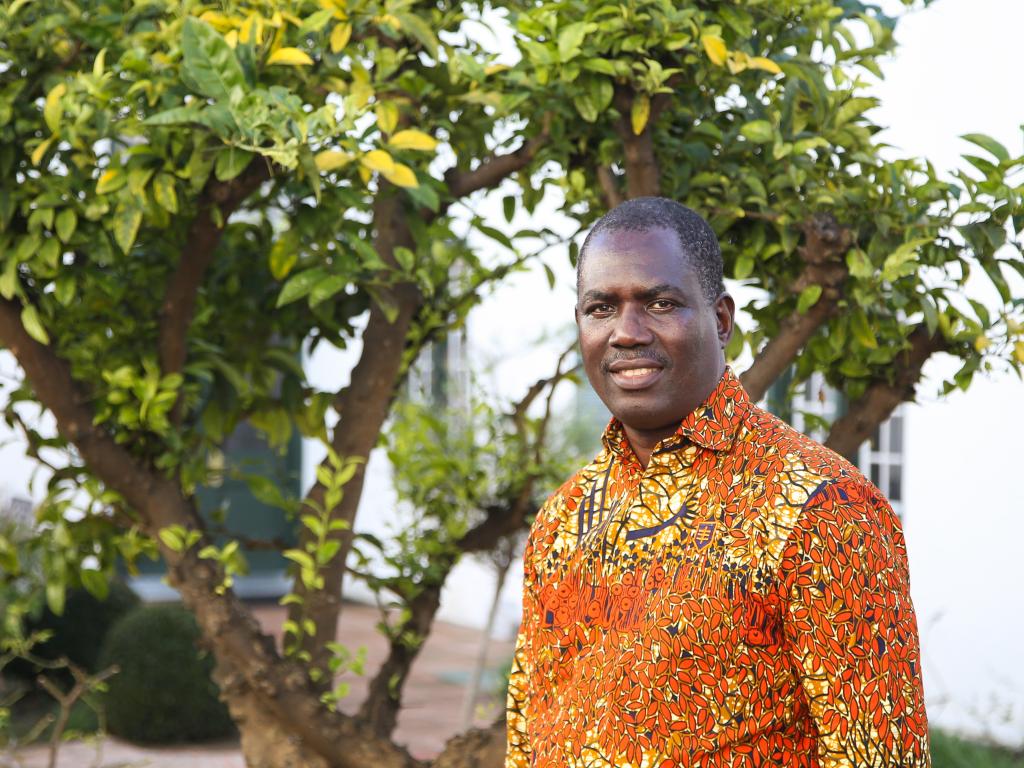Conservation vs. Community: Navigating Trade-Offs in Sub-Saharan Africa

Photo: EPRU
Earlier this year, Edwin Muchapondwa, the founding director of EPRU and senior research fellow, and Herbert Ntuli, an EPRU research associate, did research into the trade-offs between community welfare and nature conservation. This was done through examining a variety of Sub-Saharan African countries, and how they deal with the trade-off. The paper’s findings are that effective comanagement, benefit-sharing and sustainable financing of conservation are key in managing the trade-off between communities’ welfare and nature conversation on the African continent.
Ignoring trade-offs can lead to irreversible consequences
The trade-offs between communities and wildlife are important given the possibility of overuse of land can lead to a regime shift, whereby there is a permanent change in the structure and function of the ecosystem. These regime shifts are damaging to both the environment and the communities that depend on them, which makes papers like this valuable. Another reason for their importance is that trade-offs can be better optimised. Both communities and wildlife experience inefficiencies due to sub-optimal planning and resource allocation. The niche that Muchapondwa & Ntuli’s paper examines is a holistic view of the trade-offs and how they are interlinked, as this provides a greater understanding of the solutions that policymakers can develop to reduce the conflict.
Local communities sidelined in conservation efforts
Many African countries view wildlife as property of the state and a public good, unless it is on fenced private property. This gives individuals in rural areas, in countries where there aren’t ordinary land titles, the inability to gain benefit from the resource. Especially considering many indigenous communities are displaced to develop protected areas. One legal issue which often arises from this displacement is the “unfairness” of protected areas, and the denial of ancestral rights to resources. Land ownership is often cited as a primary constraint to good stewardship of natural resources. If government institutions are not capable of constrain the behaviour of resource owners, there will be a natural development of overexploitation.
Conflict arising from competing land uses
Another issue arising from land use allocations is conflicts of interest, between consumptive and non-consumptive land uses, and private or local community partnership. As the wildlife is state property, the use of wildlife is granted by the state in the form of quotas. These quotas tend to be preferentially given towards the private sector, as they accrue more rents from wildlife-based activities compared to local communities. Additionally, there is conflict between the use of the land, as consumptive wildlife use (trophy hunting) can negatively impact non-consumptive wildlife use (game viewing activities). This indicates the complexity of managing the trade-offs, as they are not just between communities and wildlife, but also between different economic sectors, as well as communities against private sectors.
Conflicts appear in a multitude of forms, whether it be private sector versus local community wildlife use, consumptive versus non-consumptive use, or within local community livelihood (such as agriculture cultivation) versus conservation initiatives. These conflicts require policymakers to focus acutely on the interplay between the different stakeholder groups to create optimized policy.
National strategies to reduce conflict
Different Sub-Saharan African countries utilise different strategies in reducing the conflict between wildlife and communities. There are three strategies that are examined in the paper, which are compensation schemes, comanagement models, and benefit-sharing arrangements. A country like South Africa provides compensation to farmers for livestock losses caused by predators, runs a variety of community-based conservation programs, and has natural resource initiatives which provide revenue shares between 50% to 100% depending on province. This is in comparison to a country like Ghana, which has similar compensation schemes and comanagement models, but far fewer benefit-sharing arrangements.
South Africa has a unique position in the conservation challenge
South Africa in particular has a long history of social injustice, which has created an unequal distribution of income, ownership and power. Because of this, a country like South Africa needs to develop policies and strategies which are not only ecologically sound, but also economically sustainable, and include previously disadvantaged communities. Considering that many national parks creation involved the removal of local people from their ancestral land, the South African National Parks organisation has made a pledge to aid in the development of black game farmers from previously disadvantaged communities. Land conservation in the South African context is a crucial way to involve local communities, and to allow for the benefits to be adequately spread.
Policy must focus on benefiting both communities and conservation
Throughout this paper, they found that comanagement, benefit-sharing and sustainable financing of conservation were vital in managing the trade-off between communities welfare and nature conservation. Additionally, there needs to be more comprehensive research into the trade-off issues simultaneously to properly grasp the consequences of the conflict. Finally, there needs to be involvement of both gender and climate change into studies surrounding trade-offs, as they become more important.
To read the paper, please find it here.
Josh Gray